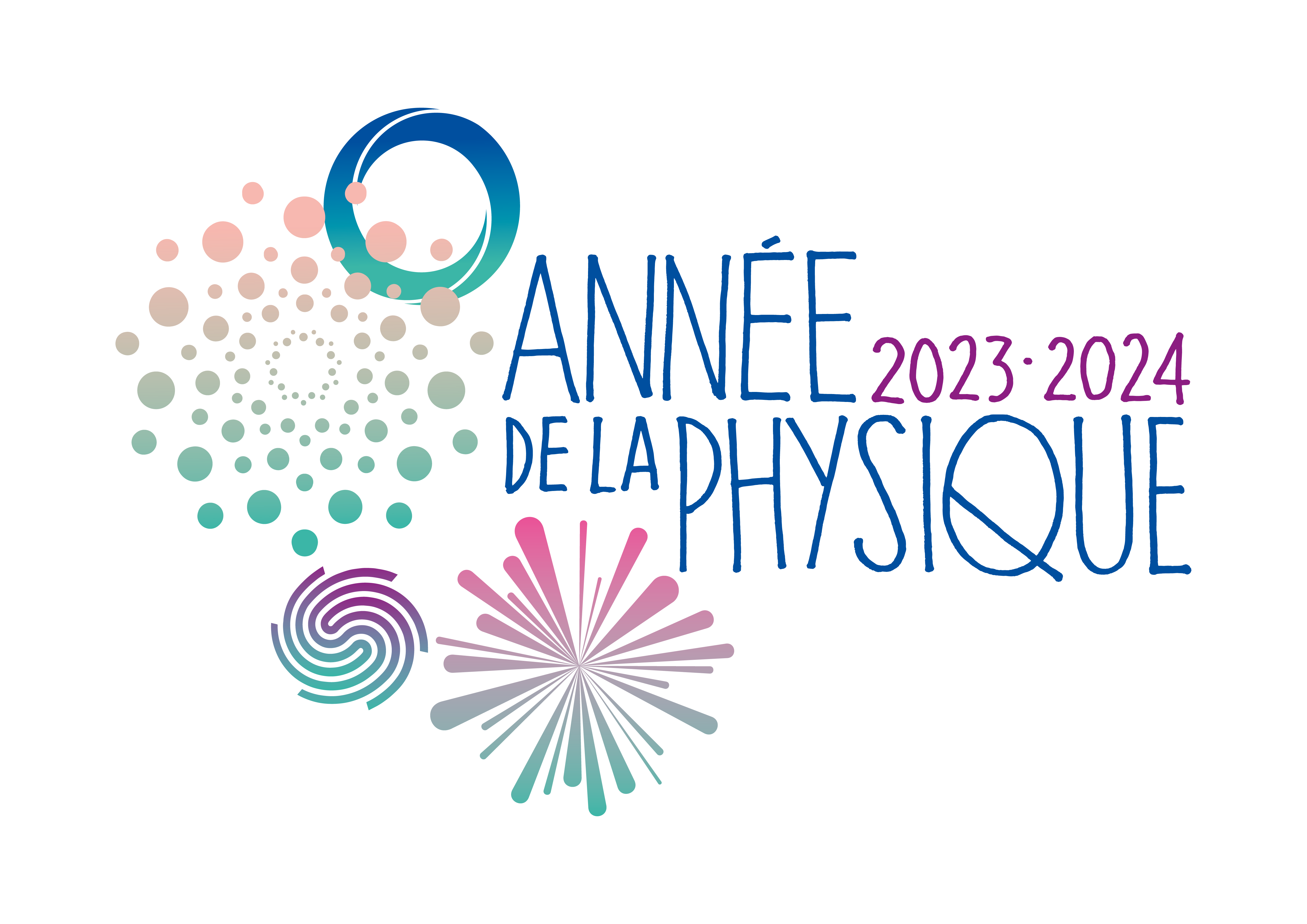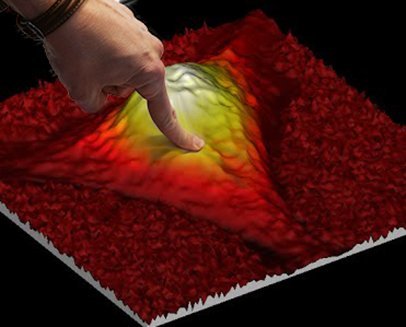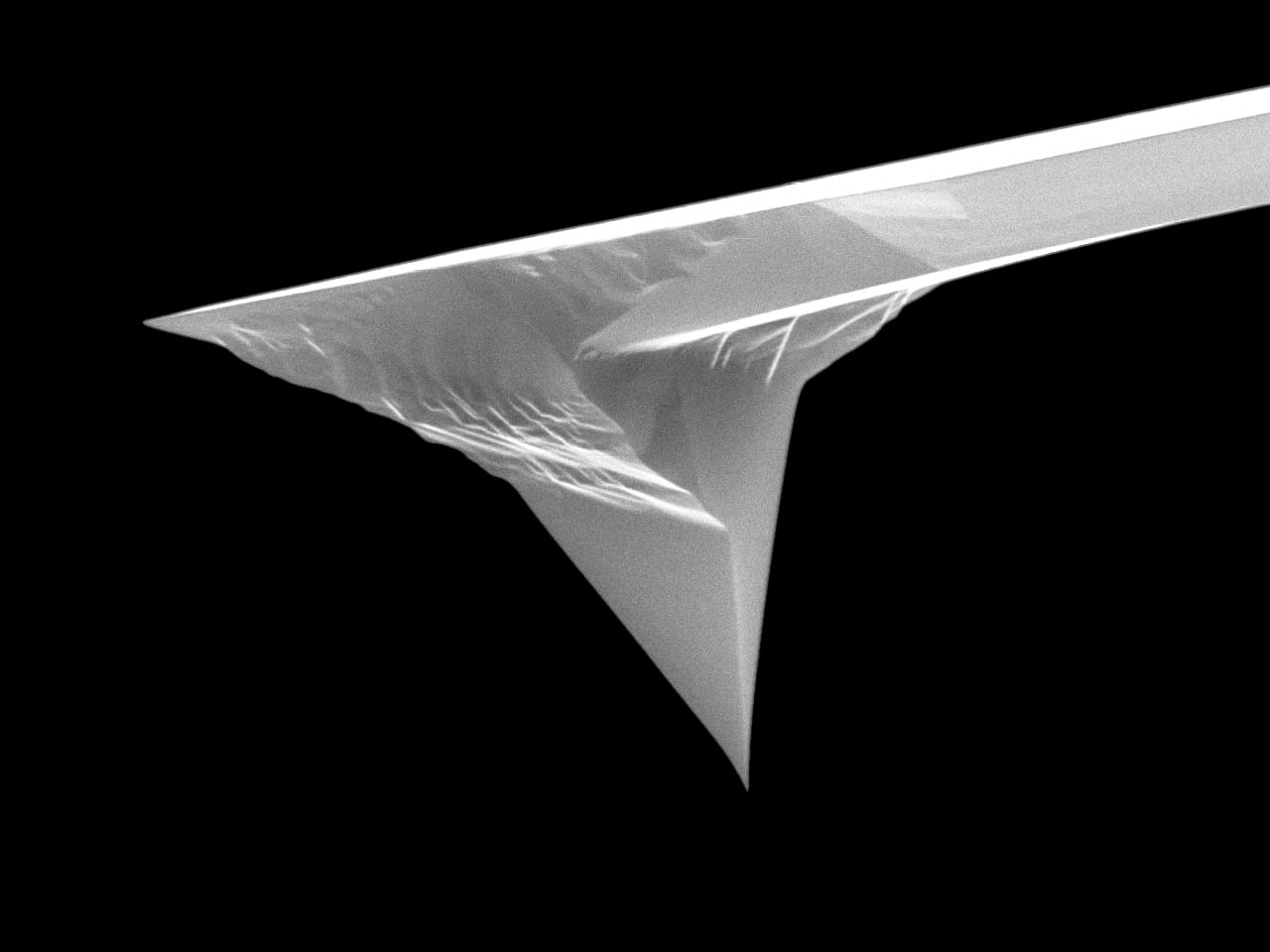European Researchers' Night is organized by Aix-Marseille Université's scientific culture unit.
As part of an unprecedented collaboration between a physics and molecular biology research laboratory, the Adhesion and Inflammation Laboratory (LAI), and Marseille's national music creation center, GMEM, we are working on the sonification of our scientific data describing phenomena on the nanometric scale (rigidity, viscosity of cells or molecules).
Sonification represents the transmission of information through the medium of sound, and can enable human beings to receive information in a way that is different from and complementary to vision. In this way, it can respond to the increasing complexity of research data by providing a tool for simpler data analysis, which in turn can guide scientific innovation. Combined with a sensitive approach, sonification opens up new possibilities for transmission to the general public, but also for innovative assistance in specific fields such as sport, rehabilitation or therapy. Taken in hand by artists, sonification becomes a complex object, halfway between creation and transmission, in the context of performances or sound installations in particular.
The aim of the project is precisely to build an immersive, interactive sound installation to enable the public to hear the results and methodologies of the LAI's research. This sensitive approach between creation and transmission enables us to renew our scientific understanding, particularly with regard to the interplay of scales at the cellular level, which are difficult to conceive of because they are inaccessible to our human senses. Interaction with the installation also encourages participants to engage with and appropriate specific scientific questions.
The Musique à l'échelle nanométrique project has been awarded the Year of Physics label.

The Adhesion & Inflammation Laboratory
The Adhesion & Inflammation Laboratory (Inserm, AMU, CNRS) is a biophysics laboratory, which seeks to adapt physics concepts and methodologies to provide a quantitative understanding of cellular functions. In particular, the laboratory has expertise in atomic force microscopy (AFM). This technique enables us to characterize samples and measure forces at the nanoscopic level. The elasticity of cells or molecules can be measured, as can their adhesion. The experimental data available are varied and range from the mechanical responses of cancer cells to the unhooking of the sars-cov-2 spike protein from its ligand.
Dock des Suds
12 Rue Urbain V13002
Marseille





